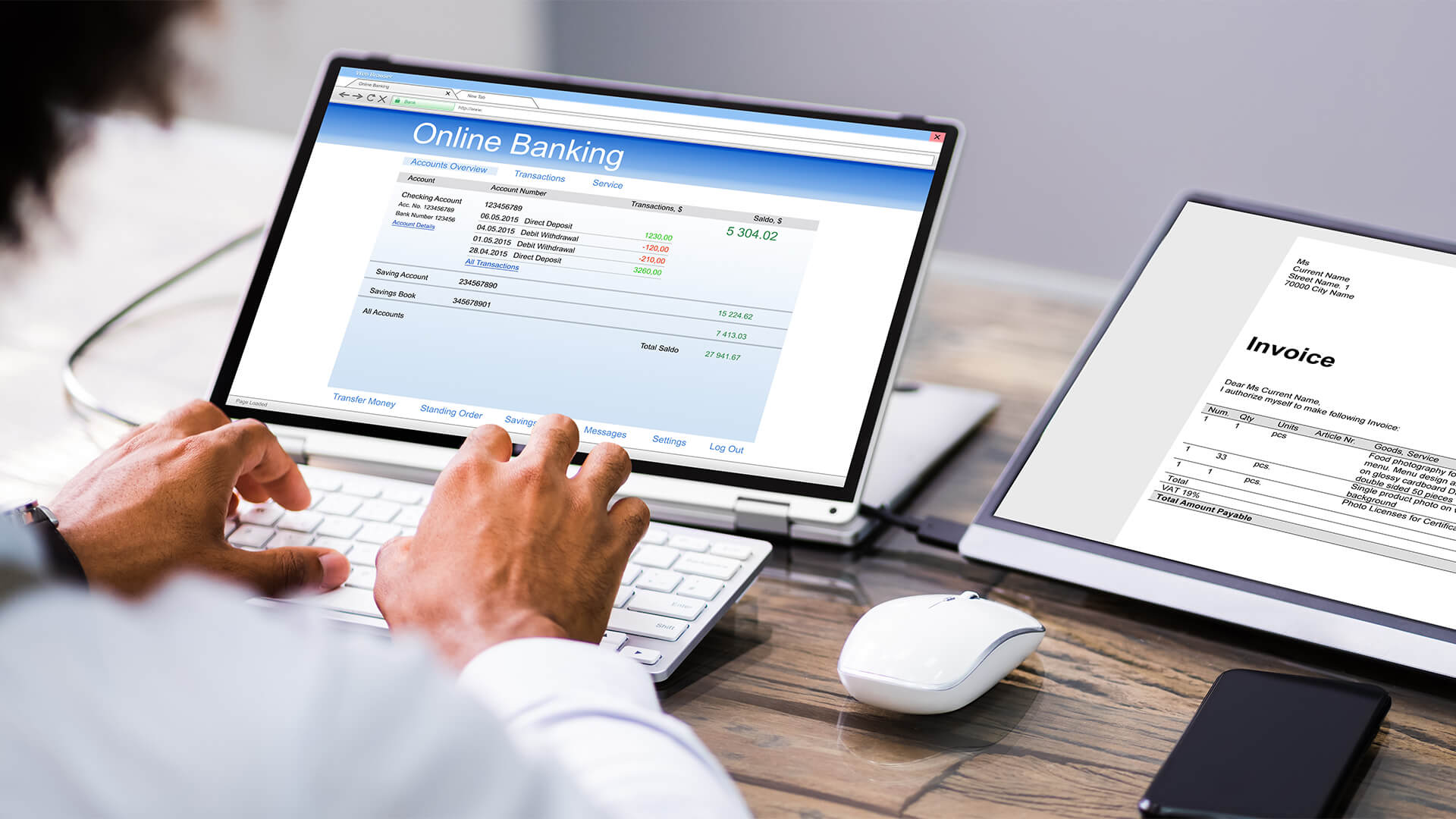
Managing business cash flow can be difficult. It involves more than looking at profits and losses. It’s also about looking at revenue streams as a whole and the factors affecting them. Sometimes, an enterprise will have to wait for a few weeks for payments, and this can negatively impact your operational expenses on a daily basis.
Luckily, invoice factoring may be an option for organizations that want to quickly ensure steady cash flow. Under this scheme, you can raise funds to cover regular expenses such as fuel, rentals, taxes, and employees’ salaries.
If you think your business can benefit from giving invoice factoring a try, read on for more information about this particular financial method. In this article, you’ll discover how invoice factoring can improve your cash flow while you’re waiting to be paid by your customers.
What Is Invoice Factoring?
This involves a business ‘selling’ its unpaid invoices to factoring businesses. In return, the latter pays a portion of the invoice values and returns the rest after the customer has paid. Some businesses may be discouraged from turning to invoice factoring since it can significantly reduce your profit margins. However, if you prefer to have a steady cash flow without resorting to loans—which may hurt your finances further with their exorbitant interest rates—this may be a good option to consider.
Besides, in selling your accounts receivables to a factoring company, you may still get up to 98% of your invoices’ total value. Most factoring companies take charge of the billing and collections, saving you time from chasing after customers and minimizing the risk of incurring bad debt.
Why Is Cash Flow Management Important For Your Business?
Without steady income, a business can’t operate smoothly. Relying solely on customers for cash inflow can cause several problems. Your employees won’t be able to work properly if they’re not paid. Government offices will run after your business for not paying taxes on time. Simply put, your business can’t grow.
Proper cash flow management is crucial in any business organization. What many don’t understand is that it isn’t limited to earnings and losses. Cash flow covers all aspects of your business income streams along with the factors influencing them: expenses, debts, payables, receivables, and inventory.
How Does Invoice Factoring Improve Your Business Cash Flow?
Having a steady cash flow is crucial in business sustainability and growth. Enterprises should aim for more cash inflows and shouldn’t have to wait for customer payments to finance operations. Invoice factoring improves business cash flow in the following ways:
-
This method allows you to meet your financial obligations on time, preventing your business from incurring penalty fees and overdue charges.
-
Instead of getting loans that require collateral plus out-of-pocket application costs and come with high interest rates, your business can save cash with invoice factoring. The money you save from loan-related fees may not be substantial, but it can still help improve your cash flow.
-
Being free from chasing non-paying customers, your finance department can perform other important tasks and increase productivity.
-
Paid on time and working in great conditions, your marketing staff will be able to focus on your company’s promotional strategies and attract more customers, increasing your income potential.
-
Because your business will no longer suffer from delays and shortages due to limited cash flow, you can take in more customers and, consequently, see your profits rise.
-
With enough money on your hands, you can consider expanding your business. Consider buying new assets or pieces of equipment to make your business more efficient.
-
Having extra cash at your disposal allows you to prepare for contingency. Reliability increases your brand reputation, and more customers are inclined to transact with you as a result.
-
As your brand reputation increases, an increasing number of customers would be willing to purchase your offerings.
-
A steadier cash inflow allows your business to take on more projects, including expansions and partnerships, which in turn would allow your business to have a more stable financial standing.
Invoice factoring is an attractive prospect for businesses without a credit score or even those with poor credit scores. Banks and lending institutions look at a borrower’s credit score before deciding whether to approve or reject an application. Comparatively, factoring companies don’t look at your business’ credit scores but rather those of your customers, who now owe them money.
Additionally, some invoice factoring companies offer longer payment terms, which may work to your advantage. Check out this article if you want to learn more about invoice factoring and its benefits.
On the other hand, invoice factoring may have hidden costs, so taking this route is more costly than choosing government-backed financial programs. What’s more, your business may still be held liable if your customers default on their payments.
In choosing the best factoring company, a good rule of thumb is to carefully look into their terms and conditions. Make sure there are no hidden fees, and they should have a dispute resolution system.
The Wrap-Up
Invoice factoring can be an attractive option for businesses that need immediate cash flow. If you’re struggling to collect payments, consider invoice factoring in order to finance your daily business operations. Just make sure that your customers are able to pay promptly in order to avoid headaches.
When used properly, this alternative business financing method can help enhance your business cash flow without pushing your business into a financial sinkhole.
























